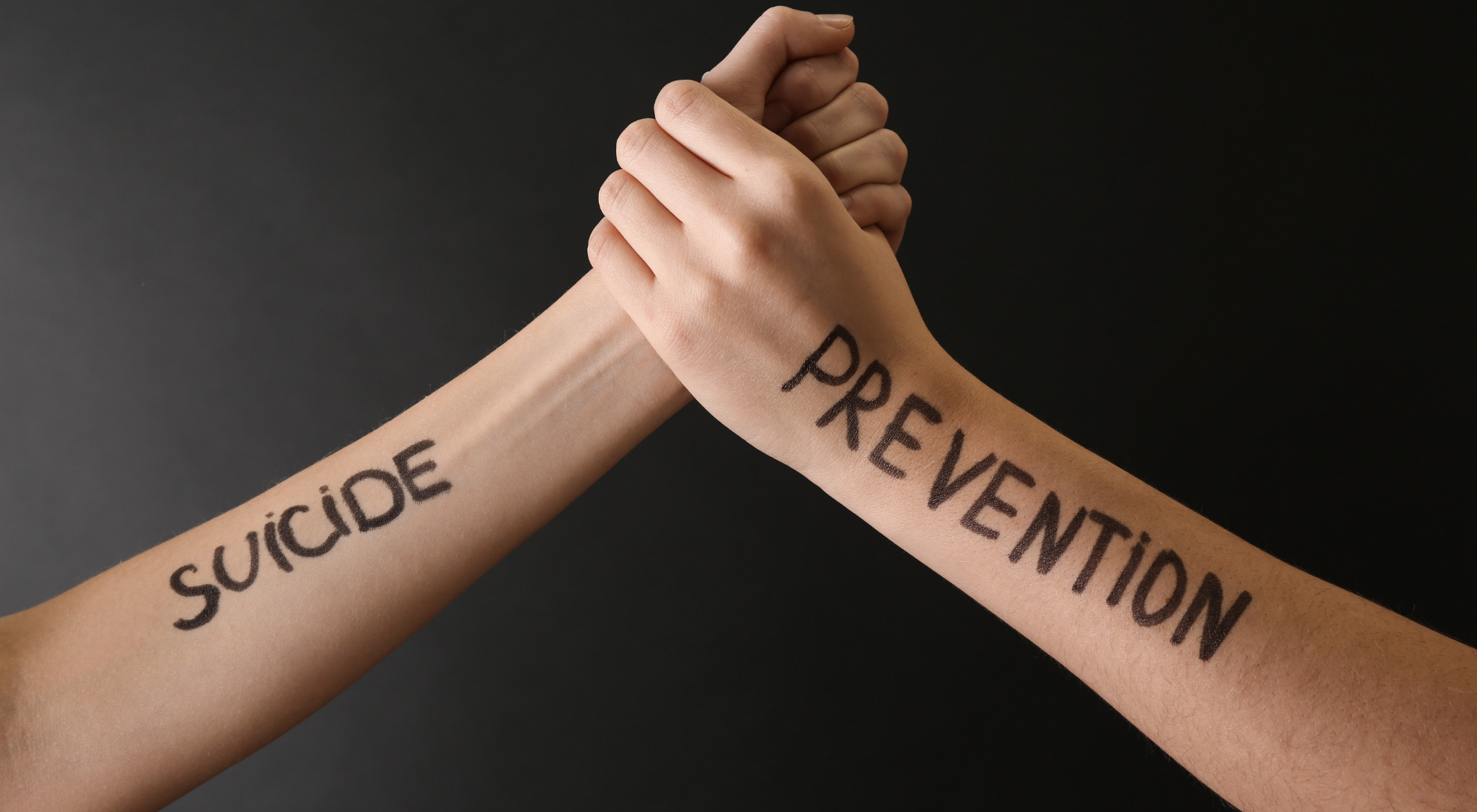September is Suicide Prevention Month and as parents we need to be educated about the risk factors and warning signs of youth suicide. While it’s wonderful we have a month to bring awareness to it, suicide prevention is something that moms need to be aware of, educated on, and open to discussing all year long.
Resources in Austin
-
988- 24/7 Suicide and Crisis Lifeline
- Text “HOME” to 741741 and a counselor from the Crisis Text Line will respond.
- Texas Suicide Prevention Coalition
- Travis County Safe Living
- To Write Love on Her Arms: Austin
- Resilience Austin
Warning Signs and Behaviors to Look For. Most youth who take their lives exhibit one or more warning signs, either through negative words or actions. They may talk specifically about killing themselves or having no reason to live, but many times the conversations are more subtle. Listen for feelings of hopelessness and despair, extreme loneliness or lack of belonging, fear of burdening others, unbearable pain that is invisible to others, or feeling trapped. Take these comments seriously, and listen without judgement!
Watch for signs of withdrawing from activities, family, and friends. Check phones and social media for conversations about saying goodbye or researching ways to end their life. As always, observe for use of alcohol or drugs, and major mood swings into depression, anxiety, irritability, shamefulness, agitation and anger. Mental health conditions increase the risk of suicide. Remember mental health is no joke, it’s real, and beyond painful and overwhelming for the person experiencing it. If you even suspect you might be the parent of a child with mental health problems, respond immediately, lovingly, and proactively. The first sign of mental health issues is the right time to get psychiatrists, therapists, and doctors involved.
Take Warning Signs Seriously. If your kiddo exhibits risk factors or talks about taking their life, shares radical thoughts or feelings of hopelessness, the most important thing we can do as moms is take them seriously, every time. Kids who feel badly behave badly and destructive behaviors or thoughts of killing themselves are really a cry for help.
Help your child feel comfortable talking about suicide, to you or a therapist. Ask in a caring way…let them know talking about it is very brave and listen without judgement. Give them a safe place to talk about their feelings and tell them you can help work through it with them. Tell them regularly that you love them, that they matter, and that it’s going to be ok!
There is hope! An easy first step is to make your home a safe place and limit access to lethal means. Next, get youth involved in activities that create a sense of purpose and self esteem. We can further protect our kids by surrounding them with a community of teachers, coaches, youth leaders, extended family and family friends who know them well enough to observe when a child or teen is struggling. Seek a diagnosis and treatment for mental health conditions as soon you begin to feel concerned. The more educated and proactive we are as adults means we can be there for our kids when life gets unbearably hard.










